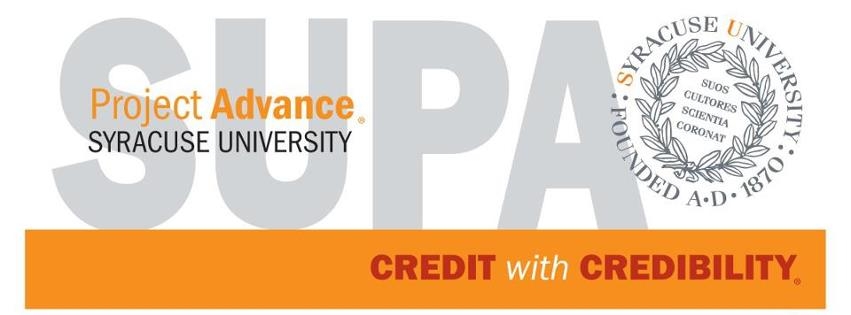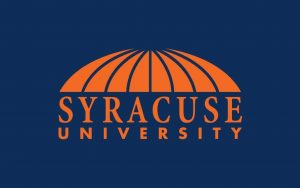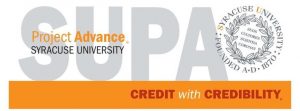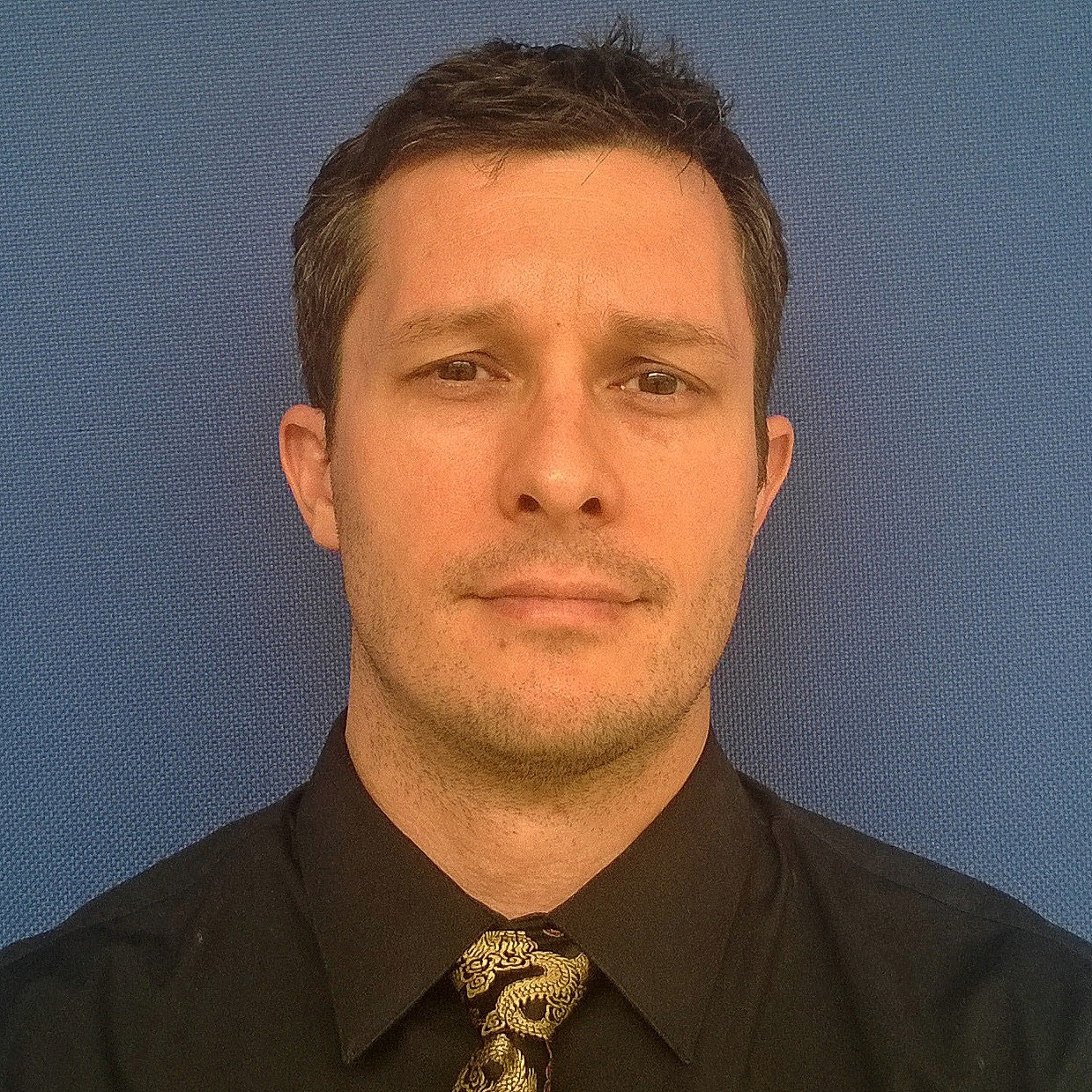
By Nathan D. Bryant
Syracuse University Project Advance, or SUPA, is an alternate path for high school students to get introduced to the rigors and expertise of university learning. Students who meet the expectations of this course under their SUPA certified instructor are then able to earn Syracuse University credit, with a transfer rate of being accepted at 90% of other universities. Currently, the SUPA program is very popular across Eastern United States, and as of this entry, SUPA has expanded to included international schools in four other countries. You can review the SUPA website to gain additional info at: supa.syr.edu. Myself being a certified SUPA instructor/Syracuse Adjunct Professor, I sincerely hope this program continues to grow, as it offers a range of benefits that make it stand out from both the Advanced Placement and the International Baccalaureate programs. A few of the major benefits that SUPA offers are:
1. The expectations and guidance for SUPA instructors are very much individually tailored. With this, each instructor must attend an in-residence training at Syracuse. Here, the instructors will spend one-on-one time with their guiding Syracuse professor, ensuring the content and methodologies of teaching the course are clearly understood. My professor, Mr. Gerry, was a fantastic resource who has taught me a lot.
2. The SUPA classes run just like a Syracuse University course, in that it is the teacher that sets the learning direction and expectations, under the mentorship of their Syracuse professor. This means that instead of an outside test, it is a partnership between the SUPA instructor and Syracuse professor that sets and measures the learning mastery achieved by each student. This gives the students a much more authentic introduction to what their continued education will be like. You can see my Adjunct Professor acceptance letter in the gallery below as an example of this process.
3. With SUPA being as individualized as it is, it allows for much more exploration of what the subject offers. When I taught my course of Economics, I was given the reign to further explore topics of interest for my class as they related to our course guidelines. This lead to more passion in the course and higher student buy-in with our course material.
There are many more benefits, but you can explore how SUPA compares to AP and IB at their SUPA website comparison info.
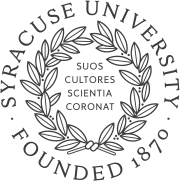
To provide an idea of how a SUPA course would work, I’ll briefly outline the workings of my Economics course. First, we followed the course textbook developed by my instructor. It was focused on getting students introduced to the principles of Micro and Macro Economics, with a heavy emphasis on modern day examples. Within each chapter, there were a range of possible questions, in which my professor and I agreed on setting chapter based tests to support student mastery. I was allowed to select which questions to focus on, based off of where our course discussions and lessons took. The other parts of the course assessment were based largely on students completing a mid and final term exam, both of which being made and shared with my guiding professor. I was expected to grade these on my own, with providing some samples on how my standards these for final approval. During the semester, we also arranged a question and answer session on the topics we covered between my students and the guiding professor.
Within my class and with my supervisor’s input, I arranged for a couple of hands on learning activities, such as one group of my class doing a weekend volunteer assignment promoting the business of a local hotel/restaurant. You can see one example pic of our group below. I also brought back one of my previous SUPA students in her Senior year to be an assistant instructor for my latest SUPA Economics course. This student had a real passion for economics, and she very much enjoyed completing a couple of small lectures and study sessions on her own.
Overall, I really enjoyed both the challenge and fun of teaching a SUPA course. It really promoted me as a teacher to take ownership of how I would ensure my students were prepared for university learning. This is something far different for the pre-set and determined methodologies of the IB and AP.

“….SUPA is an exceptional program that can take international school academics to a new standard of quality. “
While SUPA offers a much more individualized learning pathway towards success with university learning, like all custom operations, it does require more time and energy. For schools that are fully established and working with the IB, SUPA may offer benefit if you are looking to specialize in select topic areas. For schools that are teaching AP, or are looking to start offering college credits, SUPA may be a great fit. You can expand in a range of courses that SUPA offers, or just further complement your current AP program.
International schools should take notice though that Syracuse is very selective on where and when they will grow with international schools. Setting up SUPA at an international school is very complicated, and only schools that are sustainable and highly motivated would be viable candidates. Considering how many international students there are that are interested at completing their higher learning in North America, the more authentic their university prep courses could be, the more these students will benefit. SUPA is not an easy challenge, but hardly any worthwhile challenges are easy. I can vouch from personal experience that should the conditions be right, SUPA is an exceptional program that can take international school academics to a new standard of quality.
